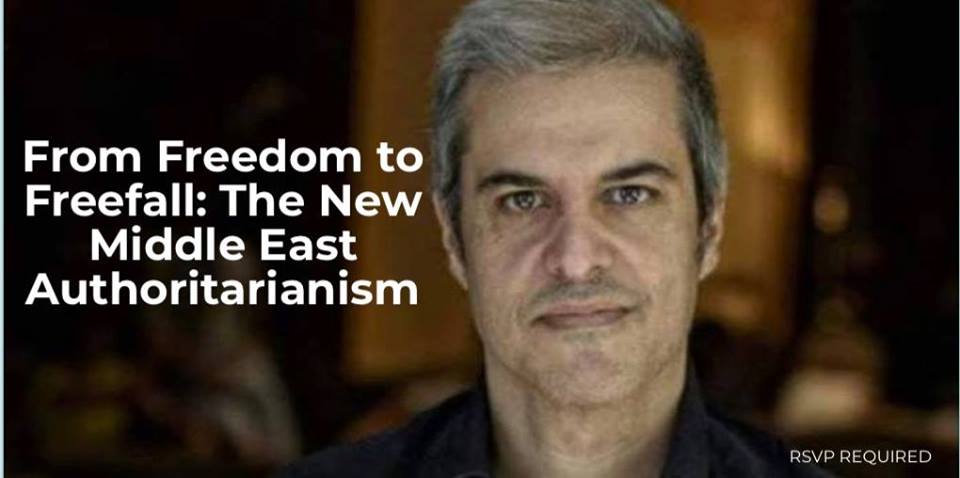Lecture by Hicham Alaoui, Columbia University, Wednesday, March 28 at 7 pm – 9 pm
Seven years after the Arab Spring, the Middle East appears as fractured and unstable as ever. How did the region come to this point? This talk will trace the domestic and geopolitical forces, as well as their interaction, that have reshaped the landscape of Arab states and societies. At the core lies the recalibration of authoritarian rule over social forces exhausted with conflict, disorder, and repression. Social movements have become atomized, and concerns at the national level have given way to demands for recognition by local communities and actors. A new model of enlightened despotism has taken hold. At the same time, the epicenter of regional geopolitics has shifted to the Gulf, aided by the retreat of traditional Western powers and an increasingly assertive Iran. Yet the deficit of governance that plagued these regimes before the Arab Spring still exists today, leaving open the ever-present possibility of new popular uprisings for change.









